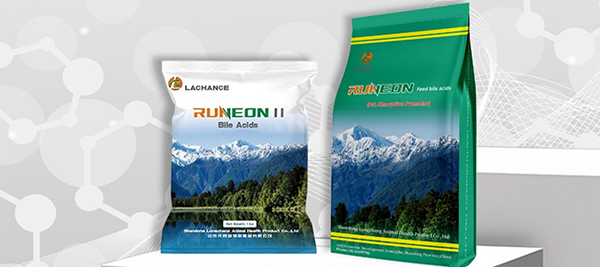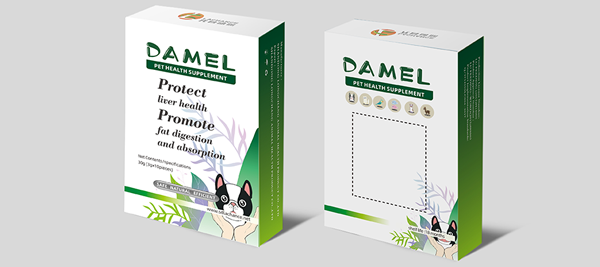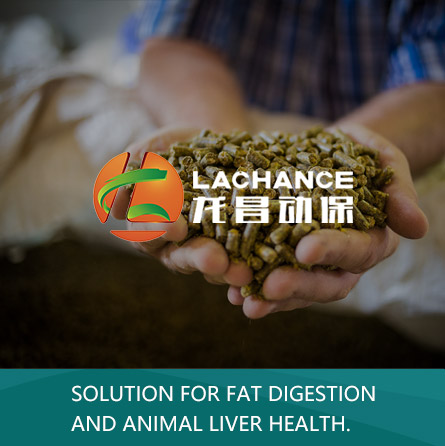Bile Acids: The Strategic Lever for Precision Fat Nutrition
To reduce costs and improve efficiency through the use of fats and oils in feed, one approach is to decrease the amount of oil added to lower costs. Another method is to enhance the utilization rate of oils to improve efficiency. The two strategies can also be combined to achieve even better results by both improving efficiency and reducing costs.
1. Implementation Pathways
Cost Reduction: Decrease the amount of fat/oil added, while using additives to improve the utilization rate of the remaining oil, maintaining feeding performance and saving costs.
Efficiency Improvement: Maintain the original oil addition level, but use additives to enhance its utilization rate for better feeding results.
Optimal Strategy: Combine cost reduction and efficiency improvement for maximum comprehensive benefits.
2.Bile Acids vs. Traditional Emulsifiers
Common Misconception: Due to their emulsifying function, bile acids are often mistaken for being just an emulsifier. Emulsifiers: Only responsible for the initial step of fat emulsification and cannot influence subsequent digestion and absorption. Bile Acids: Act throughout the entire process of fat emulsification, digestion, and absorption, offering a more comprehensive role.
3.Mechanism of Action of Bile Acids
Bile acids play vital roles in all three key stages of fat utilization:
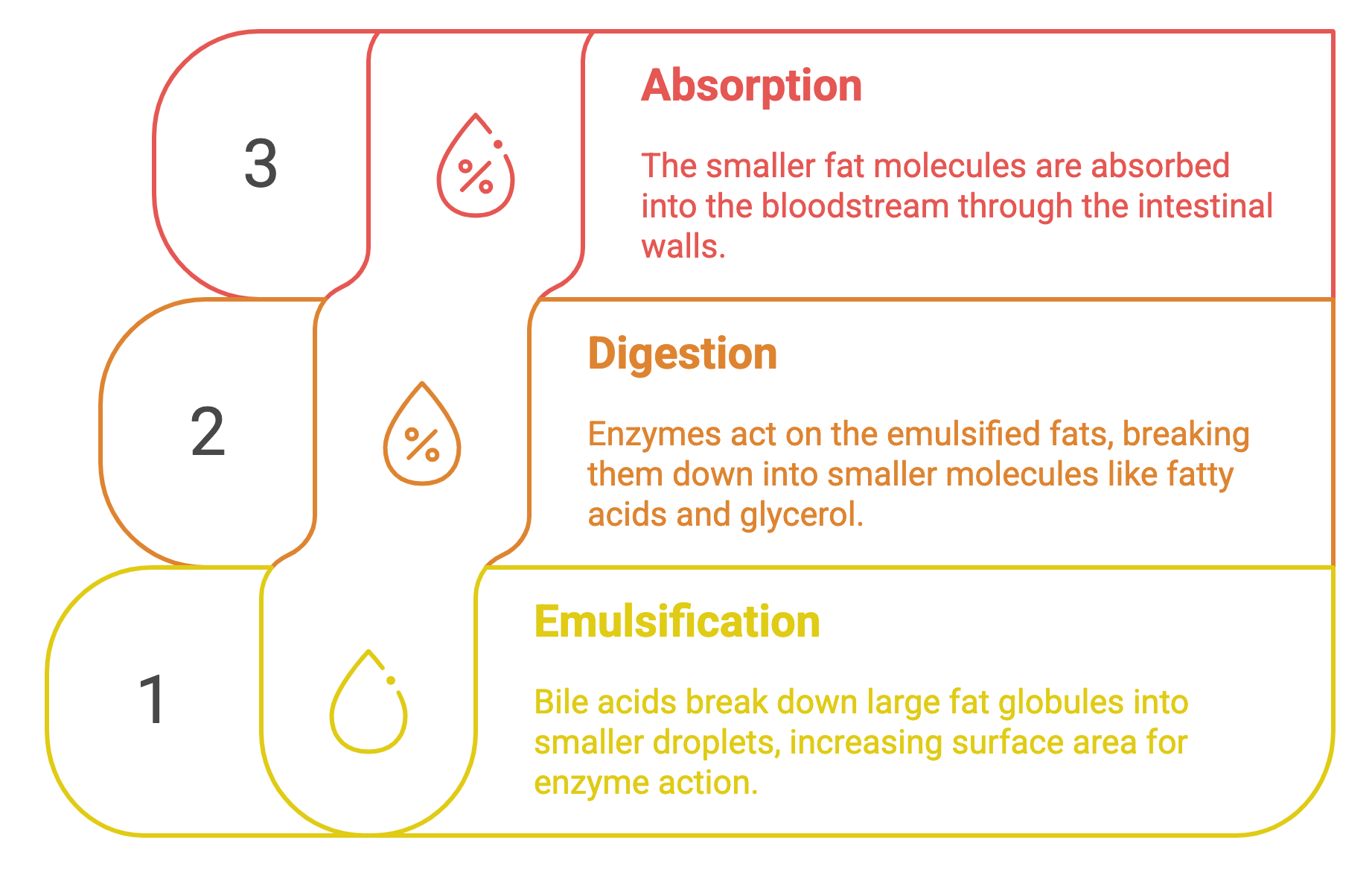
Digestion Stage: Bind to pancreatic lipase, altering its spatial configuration, which activates and significantly enhances lipase activity, leading to efficient fat breakdown.
Absorption Stage: Form mixed micelles with free fatty acids and act as a "key" to help fatty acids be recognized and absorbed by the small intestinal epithelial cells.
4.Practical Validation & Economic Benefits
(Based on 817 Broiler Experiment)
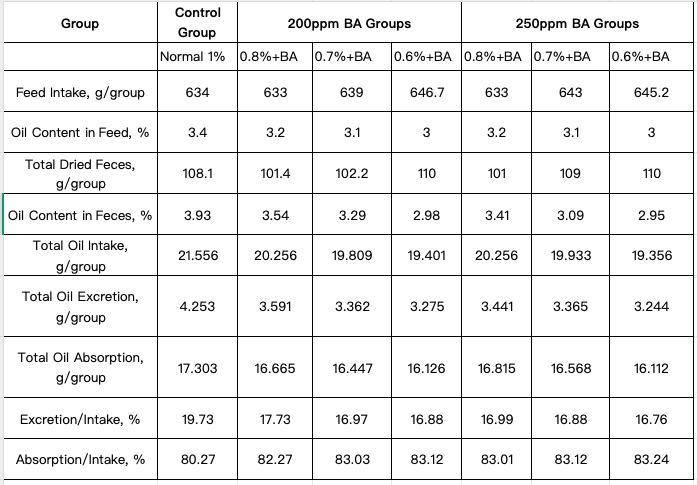
Finding: Adding bile acids (200g/ton) to feed while reducing oil addition (3kg/ton) resulted in an average increase of 3.75% in fat digestibility.
Economic Calculation: Considering both the saved oil and the energy savings from improved digestibility, it can reduce feed cost by approximately 22.6 RMB per ton. This demonstrates that bile acids can optimize feed energy formulation and control overall costs while enhancing fat utilization efficiency.
5.Additional Value
Research indicates that beyond promoting fat use, bile acids also positively support animal liver and gut health, further enhancing overall farming profitability.
References:
[1] Ciaula A D, Garruti G, Baccetto R L, et al. Bile Acid Physiology - ScienceDirect[J]. Annals of Hepatology, 2017, 16.
[2] Xiong Shuqi. Research Progress on Physiological Functions of Bile Acids and Their Interaction with Intestinal Microbiota[J]. Biotechnology Bulletin, 2023, 39(4):187-200.
Disclaimer: The experiments described herein demonstrate individualized results observed under specific conditions at particular farms. These outcomes are not indicative of nor do they guarantee similar results at other operations. Users should make decisions based on their own specific circumstances.

